Why Do Cats Bury Their Poop? A Comprehensive Explanation
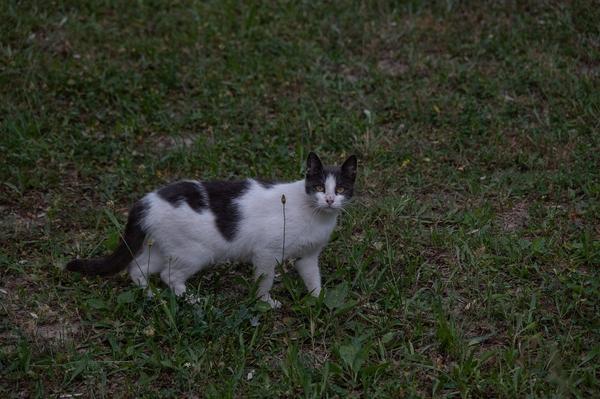
Ever wondered why cats bury their poop?
Tired of searching for answers online, only to be met with confusing theories?
Trust me, I feel your frustration.
Let's 🐾 dive into this intriguing feline behavior together and finally uncover the truth.
Are you ready?
Let's go!
Evolutionary Origins of Poop Burying in Cats
Cats bury their waste to minimize the risk of being detected by predators. This innate behavior, shared by other animals like armadillos and woodchucks, is a legacy from their wild ancestors. Understanding this instinct allows us to appreciate their remarkable survival skills.
Cats bury their poop because they're all about survival. They want to lower the odds of getting caught by predators, you see.
This behavior has been passed down for generations. Cats are crafty creatures for sure!
By burying their poop, they leave behind hardly any signs that they were there.
It's like they're undercover superheroes, fighting crime one poop at a time. Well, maybe not exactly like that, but you get my point.
And guess what?
This instinct isn't just limited to house cats, no way!
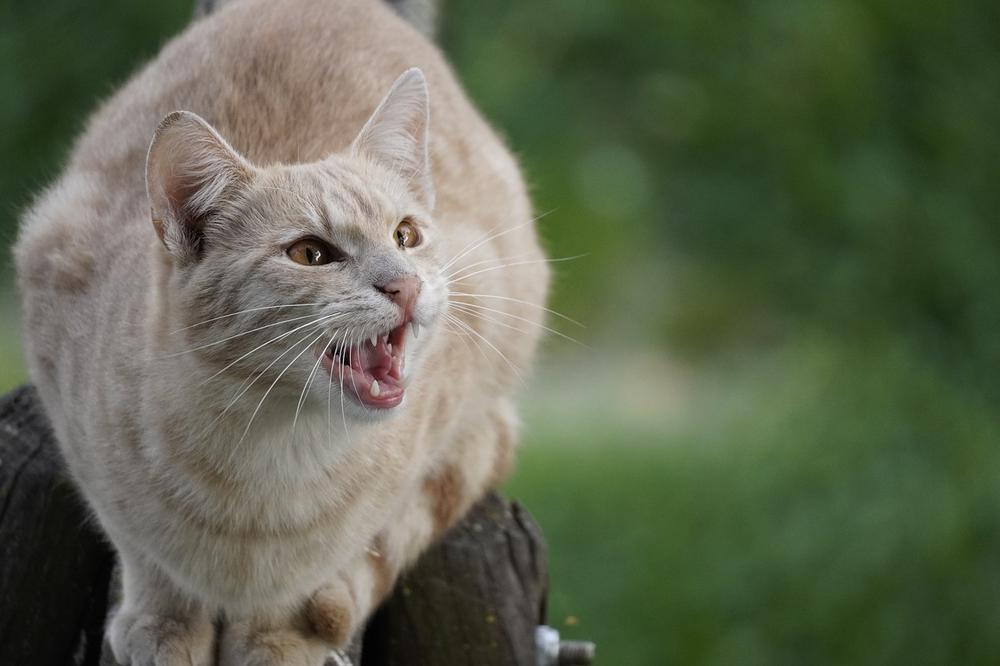
Other animals like armadillos, woodchucks, minks, and weasels do it too.
Mother Nature knows how to teach her critters some important skills.
So when your furry friend diligently covers up their business in the litter box, remember it's in their genes.
A reminder of their wild ancestors who knew how to stay safe from lurking dangers.
Knowing why cats bury their poop gives us a whole new appreciation for these little furballs and their incredible instincts.
Main points I'll expand upon further down this article:
- Cats bury their poop as a form of communication and territory marking.
- Cats use unique chemical scent markers called pheromones to distinguish their waste.
- Dominant cats may leave their poop uncovered to assert dominance.
- Burying waste is an instinctual behavior to minimize disturbance and stay safe.
- Dogs may find the smell of unburied poop exciting.
- Burying poop protects cats from predators and wards off unwelcome visitors.
- Encouraging cats to bury their poop helps them feel more at home.
- Burying waste is a natural instinct for cats driven by cleanliness.
- Failure to use the litter box may indicate underlying problems or lack of training.
- Environmental factors like location and cleanliness play a role in healthy toileting habits.
But did you know that there's more to cats burying their poop than just survival?
In fact, this behavior is deeply intertwined with the complex world of feline communication and social dynamics.
Let me unravel this fascinating aspect for you!
The Role of Scent and Territory in Cat Poop Burying
Let's talk about why cats instinctively bury their poop.
Did you know that cats have their own special way of communicating?
They use pheromones, which are chemical signals released when they bury their waste.
This pheromone-based communication is crucial for cats to interact with each other and maintain social order.
In households with multiple cats, dominant cats might leave their waste uncovered as a territorial signal. On the other hand, subordinate cats tend to bury their poop to avoid conflicts and establish their place in the pecking order.
But it's not just about marking territory.
Cats can actually detect and distinguish their own waste from others' through unique chemical scent markers known as pheromones.
So when your cat buries their poop, they're basically saying, "This spot belongs to me!"
And guess what?
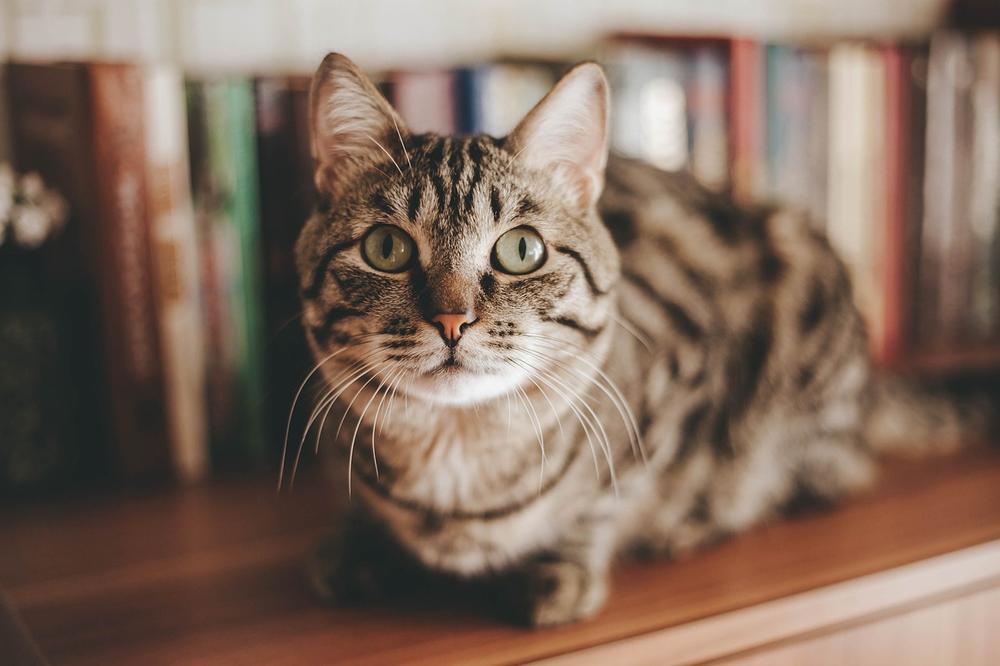
This behavior isn't limited to our house cats. Even larger wild cats like jaguars, leopards, and tigers use unburied waste to mark their territories.
It's a powerful way for them to claim a space as their own.
Oh, and here's something interesting:
Dogs sometimes find the smell of unburied cat poop quite enticing. So besides keeping your home clean, burying your cat's waste also helps respect feline social dynamics and keeps your furry friend safe from unwanted canine attention.
Isn't it fascinating how this ancient ritual carries such deep significance in the cat world?
It's a prime example of how these magnificent creatures communicate and claim their territory.
So next time you see your cat heading for the litter box, you'll have a whole new perspective on their instincts.
And do you know what? If you're as intrigued as I am about why your cat might play in the litter box and whether it's safe, I've got the perfect resource for you.
Just check out my article titled Why Does My Cat Play in the Litter Box.
You'll find all the answers you're looking for and discover fascinating insights into your furry friend's behavior.
How Burying Poop Benefits Cats in the Wild
Wild cats have an innate instinct to blend into their surroundings and stay hidden from predators.
They achieve this by burying their poop, which effectively camouflages their presence in their natural habitats.
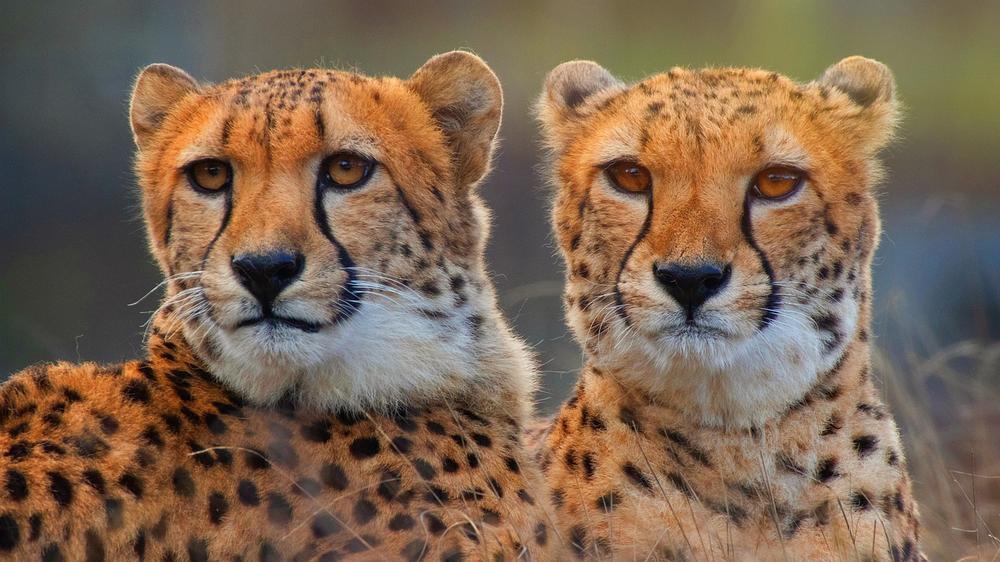
This behavior decreases the chances of drawing attention from potential threats, ensuring their safety in the wild.
Moreover, this act serves as a remarkable form of communication through the release of pheromones.
The lingering scent helps deter unwanted visitors, establishing boundaries and asserting dominance.
By encouraging your own feline friend to adopt this behavior, you not only guarantee their well-being but also provide them with a sense of security and homeliness.
Social Significance of Burying Cat Poop
| Reason for burying cat poop | Explanation |
|---|---|
| Instinctual behavior | Cats have a natural instinct to bury their waste to hide it |
| Hygiene | Burying helps to keep the litter box clean and odor-free |
| Avoids attracting predators | By burying their poop, cats decrease the risk of being found |
| Communication | Burying poop is a way for cats to communicate with other cats |
| Dominance display | Dominant cats use burial as a way to mark their territory |
| Stress reduction | Burying poop can help reduce stress in submissive cats |
| Human acceptance | Burying poop may indicate recognition of human dominance |
Cats have various reasons for burying their poop.
It's actually fascinating.
In communities or homes with multiple cats, dominant cats often choose not to bury their feces.
They do this to communicate and mark their territory.
By leaving their poop uncovered, they assert dominance over the other cats.
It's like saying, Hey, this is my place.
On the other hand, weaker or submissive cats prefer to bury their poop.
It helps them avoid challenging the dominant cats and shows they aren't a threat.
It's kind of like saying, I respect your authority.
But here's where it gets interesting.
Burying poop also shows that cats see humans as the dominant cat in the house.
By burying their poop, they basically say we're subservient to them.
It's almost like saying, You're the boss here.
Having a separate space with essential items and toys can give your cat its own sanctuary.
This stimulates them and reduces stress.
Bonding through play increases their security and strengthens the connection.
Spending quality time together and observing their behavior is important.
Provide a calm and stable environment for your cat.
Avoid loud sounds or big changes, as they can overwhelm them.
Even at home, cats rely on their instincts.
So now you understand why cats bury their poop.
It's all about social significance and instinctual behaviors.
Fascinating, right?
And you know what? If you're as fascinated by cat behavior as I am, then you'll definitely want to check out Why Do Cats Bury Their Heads.
In my article, I dive deep into the funny behavior, toxicity, common reasons, communication, and affection behind why cats bury their heads.
It's a fascinating read that will satisfy your curiosity and leave you with a deeper understanding of our feline friends.
So go ahead, click on the link and let's uncover the mysterious world of cat behaviors together.
Cleaning and Hygiene Aspects of Cat Poop Burying
You gotta take care of your cat's poop game. 😺
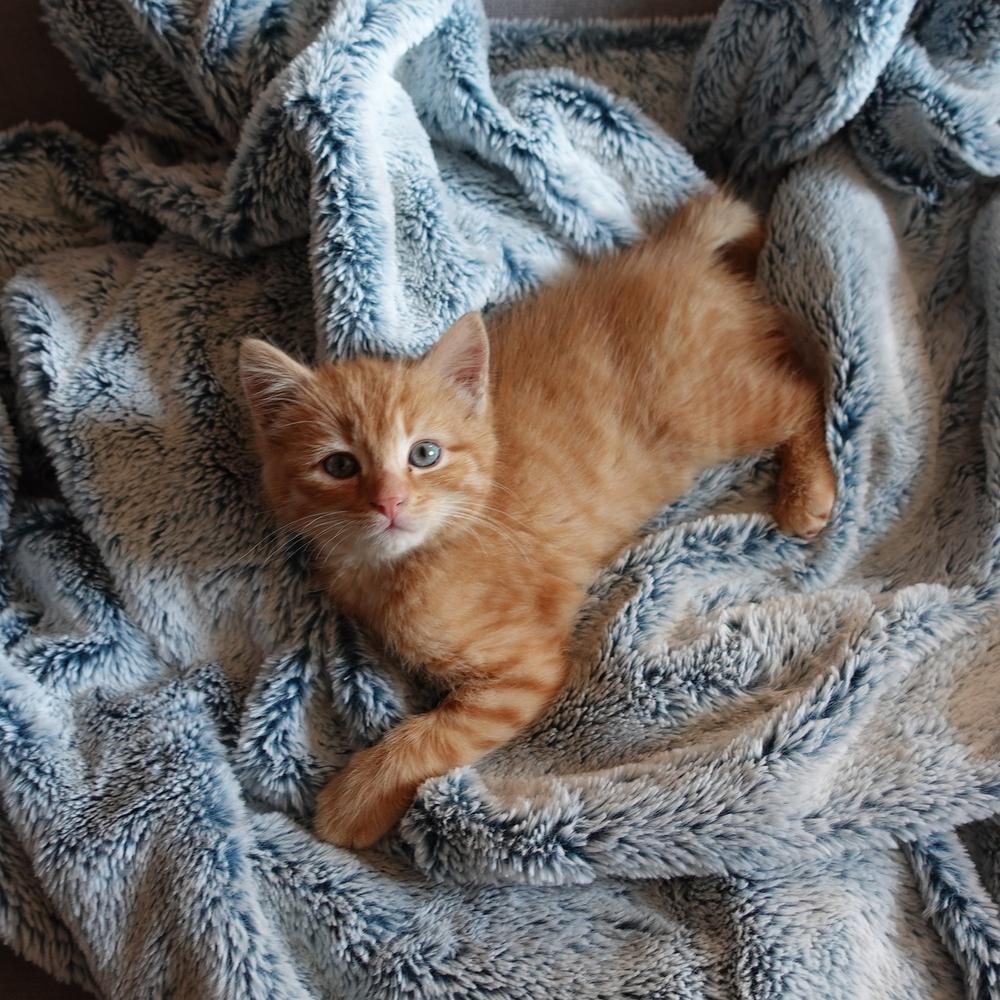
Here's how:
- Get yourself some top-notch litter to keep the stench in check.
- Give your furry friend a roomy toilet so they can dig and bury to their heart's content.
- Don't be lazy, scoop that litter every day.
- Skip the fancy scented stuff, it might freak out your cat.
- Go for multiple litter boxes in different spots if you want to give your cat options.
- Clean those litter boxes regularly, none of that slacking off.
- Spray some pheromones to help your kitty chill out while doing their business.
- Treat your feline companion with a cozy bed near the litter box, so they feel safe and sound.
- Train 'em early on in proper litter box etiquette.
- Keep an eye on any weird habits or changes in their bathroom routine.
- Regular vet visits are essential to tackle any hidden problems.
- Make sure your home is stress-free paradise for your fur baby.
Following these steps means a happy cat and odor-free digs at your place.
And that wraps up today's article.
If you wish to read more of my useful articles, I recommend you check out some of these: Do Cats Like Rain, Why Does My Cat Sound Like a Pigeon, Why Does My Cat Lick Me Then Bite Me, Why Does My Cat Want Me to Watch Her Eat, and Why Does My Cat Not Sleep With Me
Talk soon,
-Sarah Davis